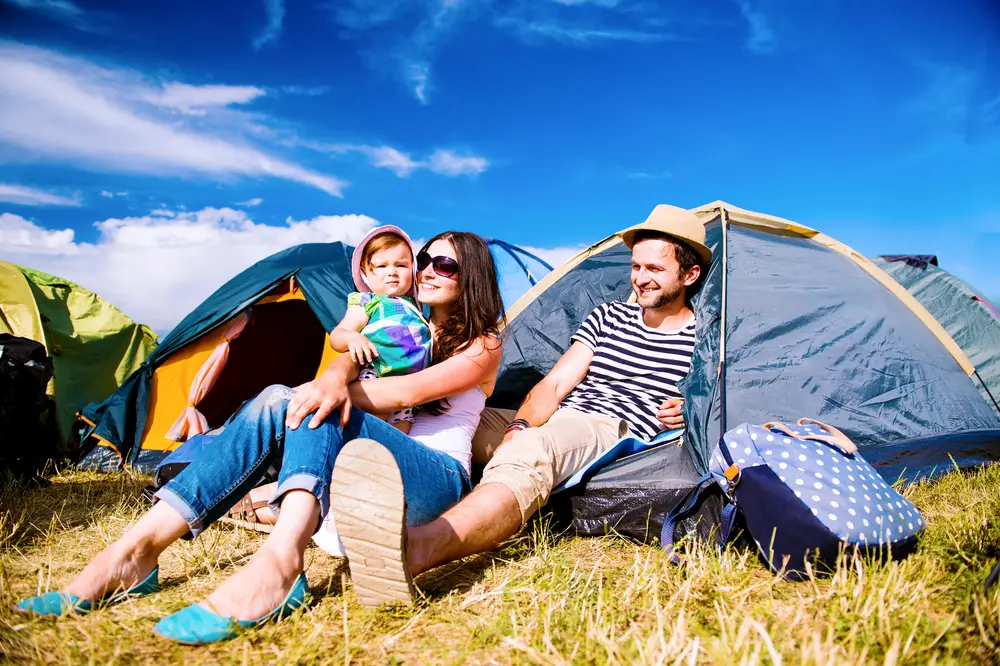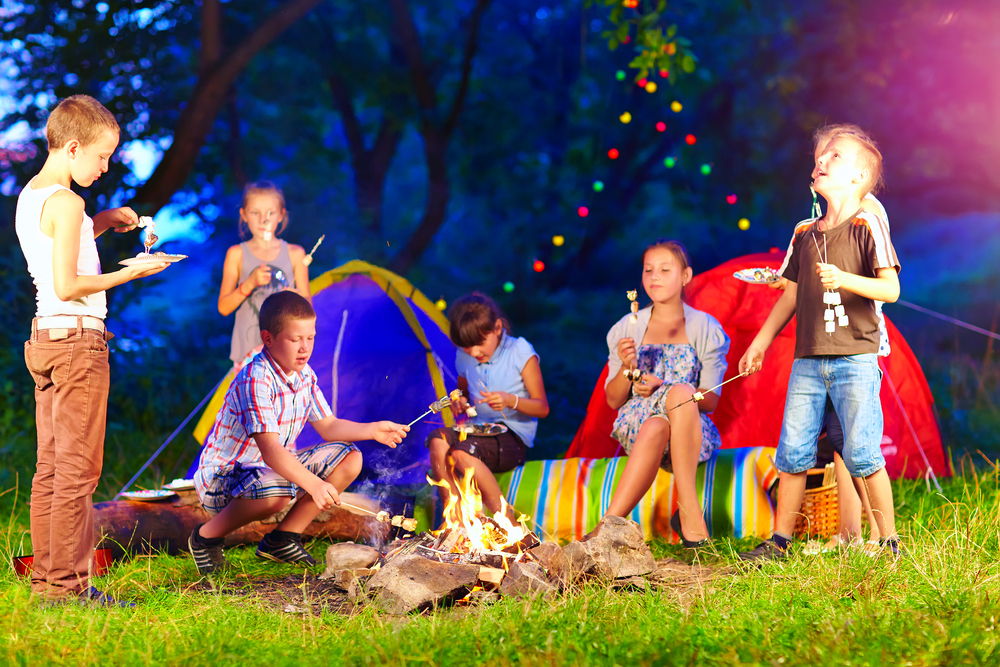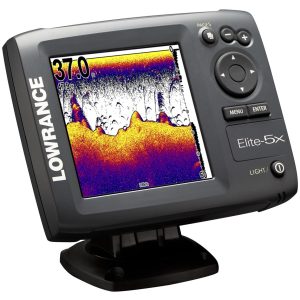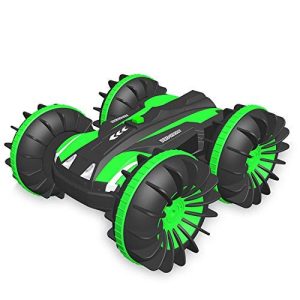Preparing for Camping with a Baby
A. Assessing Your Baby’s Readiness
-
Age and Developmental Milestones
Before planning a camping trip with your baby, consider their age and developmental milestones. Babies who are at least a few months old and have good head control may be more suitable for camping. They should be able to sit up with support and have started solid foods if necessary.

-
Health and Comfort Considerations
Ensure your baby is in good health and has received all necessary vaccinations before going camping. Consider any special health conditions or allergies that may require extra attention. Additionally, assess your baby’s comfort level with new environments, temperature changes, and potential insect exposure.
B. Planning and Organizing Camping Essentials
-
Baby Gear and Equipment Checklist
Create a checklist of essential baby gear and equipment to bring on your camping trip. This may include a tent or portable bassinet for sleeping, a baby carrier or stroller for outdoor activities, a portable high chair for mealtime, and a travel crib or playpen for safe play and napping.
-
Packing Baby-Friendly Clothing and Supplies
Pack appropriate clothing for your baby based on the weather conditions you expect during your camping trip. Include extra layers, hats, and socks to keep your baby comfortable. Don’t forget essentials like diapers, wipes, baby-safe sunscreen, insect repellent, and any necessary medications.

C. Choosing the Right Campsite
-
Family-Friendly Campgrounds and Amenities
When selecting a campsite, look for family-friendly campgrounds that offer amenities suitable for babies. These may include playgrounds, baby changing facilities, and family-oriented activities. Look for campsites that have designated quiet areas for families with young children.
-
Access to Basic Facilities and Services
Choose a campsite that provides access to basic facilities and services that are essential for your baby’s well-being. These may include clean drinking water, restroom facilities, and a nearby store or medical services in case of emergencies.
Safety and Health Tips for Camping with a Baby
A. Sun and Insect Protection
-
Sunscreen and Protective Clothing
Apply baby-safe sunscreen with a high SPF to protect your baby’s delicate skin from harmful UV rays. Additionally, dress your baby in lightweight, breathable clothing that covers their arms, legs, and neck. Consider a wide-brimmed hat to provide shade for their face and neck.
-
Bug Repellents and Netting for Cribs or Carriers
Use baby-safe bug repellents to protect your baby from insect bites. Opt for repellents specifically formulated for infants and apply them sparingly. For sleeping or when carrying your baby, use mosquito netting to provide an extra layer of protection against insects.
B. Proper Hygiene and Sanitation

-
Diapering and Waste Disposal Strategies
Properly dispose of diapers in designated trash bags or waste bins to keep your camping area clean and free from odors. Use sealable diaper disposal bags to minimize smells and leaks. Consider using eco-friendly or biodegradable diapers to minimize environmental impact.
-
Hand-Washing and Sterilizing Equipment
Maintain good hygiene by washing your hands and your baby’s hands frequently with soap and water. If clean water is not available, use alcohol-based hand sanitizers. Sterilize baby bottles, pacifiers, and utensils using boiling water or a portable sterilizer to prevent bacterial contamination.
C. Managing Temperature Changes
-
Layering Clothing for Different Weather Conditions
Pack a variety of baby clothing suitable for different weather conditions. Layering is key to adjust your baby’s clothing based on temperature changes throughout the day. Avoid overdressing or underdressing your baby to prevent overheating or chilling.
-
Ensuring Adequate Ventilation and Protection from Elements
Ensure proper ventilation in your camping area to provide fresh air for your baby. Avoid direct exposure to extreme weather elements like strong winds or heavy rain. Use appropriate covers or shades to protect your baby from harsh sunlight or sudden temperature drops.
Baby-Friendly Activities and Entertainment at the Campsite
A. Nature Exploration
-
Gentle Hikes and Nature Walks
Take your baby on gentle hikes or nature walks around the campsite. Choose trails with easy terrain and shorter distances to accommodate your baby’s needs. Explore nearby trails that showcase scenic views, waterfalls, or wildlife sightings for a memorable experience.
-
Introducing Baby to Wildlife and Natural Surroundings
Point out and describe different wildlife and natural surroundings to your baby. Show them birds, insects, and other animals from a safe distance. Use gentle and soothing tones to introduce your baby to the wonders of nature.
B. Sensory Play and Stimulation
-
Nature-Based Sensory Activities
Engage your baby’s senses with nature-based sensory activities. Allow them to touch and feel different textures like leaves, flowers, or pinecones. Let them listen to the sounds of birds chirping or the rustling of leaves. Encourage them to smell different scents like flowers or the earth after rainfall.
-
Bringing Baby-Friendly Toys and Books
Pack baby-friendly toys and books that are suitable for outdoor play. Choose toys that are easy to clean and safe for your baby to explore. Bring interactive books that have touch-and-feel elements or make sounds to entertain and engage your baby.
C. Relaxation and Bedtime Routine
-
Creating a Cozy Sleeping Environment
Set up a comfortable and cozy sleeping environment for your baby at the campsite. Use a portable crib or bassinet with a soft mattress and warm blankets. Create a quiet and shaded area where your baby can relax and nap.
-
Establishing Familiar Bedtime Routines
Maintain a familiar bedtime routine for your baby while camping. Follow a similar sequence of activities like reading a bedtime story, singing lullabies, or giving a relaxing bath before bed. This consistency will help your baby feel secure and comfortable during bedtime.
In conclusion, there are several baby-friendly activities and entertainment options to enjoy at the campsite. Engage your baby in nature exploration through gentle hikes and nature walks, introducing them to wildlife and natural surroundings. Stimulate their senses with nature-based sensory activities and bring baby-friendly toys and books for added entertainment. Create a cozy sleeping environment and establish familiar bedtime routines to ensure a restful and relaxing experience for your baby. By incorporating these activities, you can create cherished memories and foster your baby’s connection with the great outdoors.




